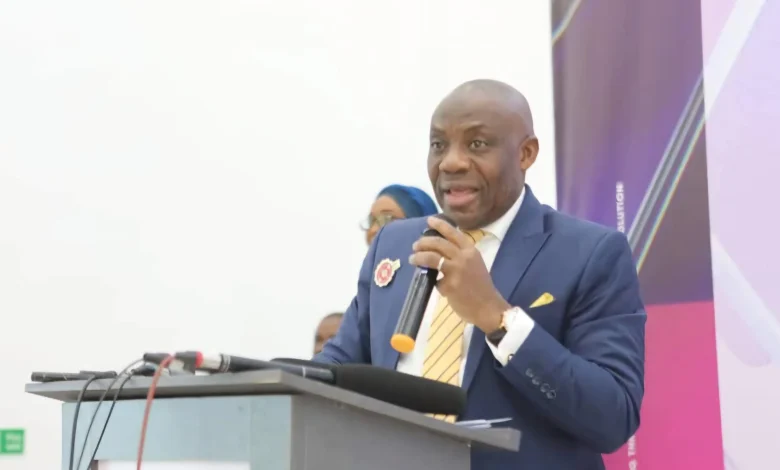Nigeria Private University Licenses: FG Approves 11 New Institutions for Operation

The Federal Government has issued Nigeria private university licenses to 11 newly approved institutions in a move to boost access to quality higher education.
The presentation took place in Abuja, where the Minister of Education, Dr. Tunji Alausa, handed out the licenses following the green light from the National Universities Commission (NUC).
The new private universities that received their licenses include:
- New City University, Aiyetoro, Ogun State
- Lens University, Ilemona, Kwara State
- Kevin Ezeh University, Mgbowo, Enugu State
- Southern Atlantic University, Uyo, Akwa Ibom State
- University of Fortune, Igbotako, Ondo State
- Minaret University, Ikirun, Osun State
- Abdulrasaq Abubakar Toyin University, Ganmo, Kwara State
- Monarch University, Iyesi Ota, Ogun State
- Tonnie Iredia University of Communication, Benin, Edo State
- Isaac Balami University of Aeronautic and Management, Lagos State
- Eranova University, Kuje, FCT
According to Dr. Alausa, the licenses are part of the federal government’s efforts to support the Nigerian Education Sector Renewal Initiative.
He emphasized that the country needs universities that can compete globally and prepare students with relevant skills.
“This ceremony is not only a celebration of your achievements but also a renewed call to action in building a future-ready and globally competitive Nigerian university system,” the minister said.
He stressed the need for academic programs that focus on STEMM—Science, Technology, Engineering, Mathematics, and Medical Sciences—rather than overproducing graduates in social sciences.
Dr. Alausa also pointed out that while Nigeria has 159 licensed private universities, not all are delivering the quality expected. He warned that licensing should not be symbolic and must lead to real impact on learning and innovation.
To strengthen accountability, the NUC is reviewing its quality assurance system. The goal is to ensure that every institution, public or private, lives up to its role as a center for learning and research.
The minister also encouraged private universities to collaborate with each other and build international partnerships, positioning Nigeria as a major player in global education.
He revealed that some of the newly licensed universities had waited over four years for approval. Their applications were only granted after undergoing a rigorous review process that was completed in three years.
“Private universities must rise to the challenge of delivering high-quality, relevant education that meets the demands of a modern economy,” he added.
“With support from regulatory bodies and a renewed commitment to excellence, the newly approved institutions are expected to play a transformative role in shaping the nation’s next generation of leaders and innovators.”
NUC Executive Secretary, Professor Abdullahi Ribadu, praised the role of private universities in expanding access to education.
He noted that since private institutions were allowed in 1999, the number of universities in Nigeria has grown from 49 to 298. Of these, 159—over half—are privately owned.
He explained that the Nigeria private university licenses granted are currently provisional, valid for three years.
During this period, each institution will be closely monitored to ensure they meet strict academic and infrastructural standards. Only then will full licenses be awarded.
To verify their readiness, the NUC will conduct mandatory resource assessments for all academic programs before classes begin.
Speaking on behalf of the newly licensed universities, Senator Jimoh Ibrahim—owner of University of Fortune—called on the NUC to reduce red tape preventing universities from forming international partnerships. He stressed the importance of global collaboration in advancing innovation and skill development.
Also, Dr. Tony Iredia, founder of Tonnie Iredia University of Communication, urged the government not to delay the approval process unnecessarily. He pointed out that poor research output in Nigerian universities is partly due to weak communication and limited sharing of research findings.
ALSO READ: Corps Member Cries Out Over NYSC Threat For Criticizing Tinubu’s Government




